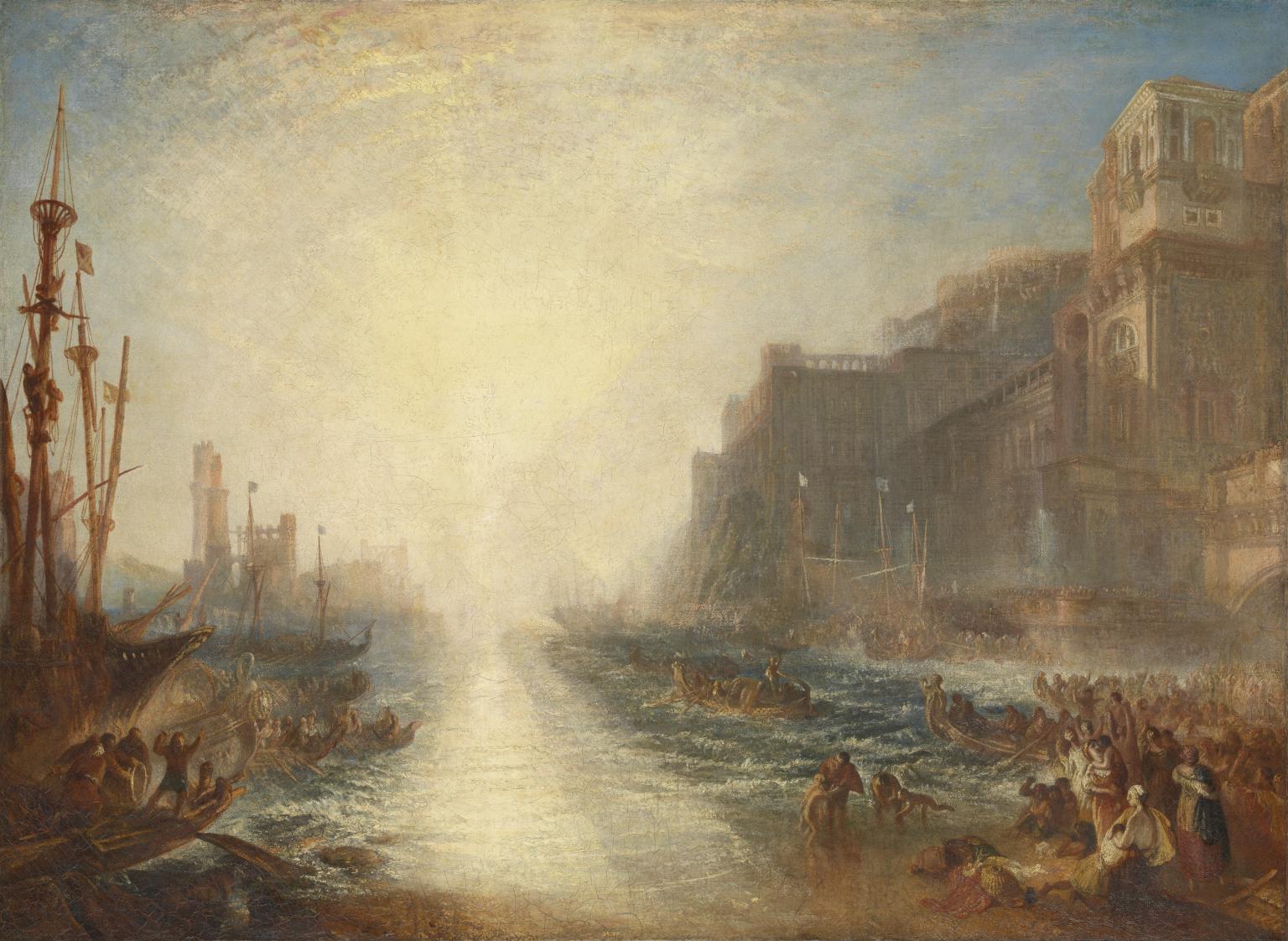[home]
Readme

Research
You can find my most up to date thoughts on artificial intelligence in my annual letter: 2025, 2024, 2023, 2022.
I also recommend the following to any researcher, in order of increasing commitment to consume:
- Jorge Luis Borges, On Exactitude in Science
- Laura Deming, The Rage of Research
- Kanjun Qiu, Research as Understanding
- David Pfau, On Slow Research
- Michael Griffin, Space Exploration: Real Reasons and Acceptable Reasons
- Nelson Elhage, Computers can be understood
- C. S. Lewis, Learning in Wartime
- SLIME MOLD TIME MOLD, The Scientific Virtues
- Nima Arkani-Hamed, The Morality of Fundamental Physics
- Stephen Kotkin and Dan Wang, How Historians Work
- Benjamín Labatut, When We Cease to Understand the World
- David Deutsch, The Beginning of Infinity
Other fun
My favorite book is One Hundred Years of Solitude by Gabriel García Márquez. Wikipedia says this book is “one of the supreme achievements in literature” with four citations. What more do you need?
My favorite poem is ‘I died for beauty, but was scarce’ by Emily Dickinson.
My favorite movies are Knives Out (2019) and La Grande Vadrouille (1966). These are clever and original, don’t let any pretentious gatekeepers tell you otherwise.
My favorite music would take too long to explain and the explanations are a bit personal. Without explanation, here is one playlist: These Songs Do Not Have Flaws.
My favorite games are Twilight Struggle and StarCraft II. Making a game seems like one of the best ways to practice many skills—designing human agency, implementing the code, writing the story, drawing the art, and composing the music, the peak exercise of renaissance ability. You’re creating a whole experience for people to enjoy. Watch Jenova Chen talk about designing Journey. I really admire people who did everything or almost everything for really great games:
- Eric Barone, Stardew Valley
- Justin Ma and Matthew Davis, Faster Than Light and Into the Breach
- Jon Ingold and Joseph Humfrey, 80 Days
- Lucas Pope, Papers, Please and Return of the Obra Dinn
I use a Dvorak layout, and my keyboard is a Leopold FC750R PD with brown switches. If it’s good enough for The Machine, it’s good enough for me.
I subscribe to the friendship theory of everything.